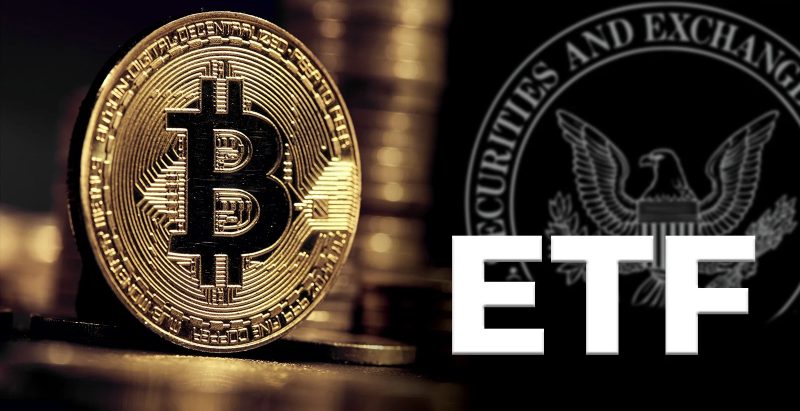After losing a legal battle with Grayscale in January, the U.S. Securities and Exchange Commission (SEC) adjusted its position on bitcoin spot exchange-traded funds (ETFs). During a Senate Banking Committee nomination hearing, SEC Commissioner Caroline Crenshaw revealed she could not approve bitcoin exchange-traded products earlier this year due to prevalent fraud in the cryptocurrency markets.
Senate Banking Committee Hearing
During the hearing, Crenshaw and other candidates presented their records for scrutiny. Crypto-related issues received minimal attention, even as Crenshaw faced questions about her stance and nomination for the next SEC term.
Following the legal defeat to Grayscale, the SEC reconsidered its approach to bitcoin spot ETFs. Despite this, Commissioner Crenshaw continues to oppose them, categorizing them as exchange-traded products (ETPs) rather than ETFs, which are governed by different regulations. She emphasized that approving these Bitcoin products could lead to “a wayward path that could further sacrifice investor protection.”
Also Read: Grayscale’s Ethereum ETF Could Face $110M Daily Outflows
Concerns Over Market Fraud
Crenshaw reiterated her opposition, citing significant fraud in global bitcoin spot markets and their lack of transparency. She believes these factors pose substantial risks to investors. She argued that, given the current state of the cryptocurrency markets, approving such products is not in the public interest.
Impact on Investors
In January, Crenshaw expressed concerns that these products could saturate the market, potentially jeopardizing Americans’ retirement savings due to fraud in bitcoin spot markets. The SEC is also examining similar trading tools for Ethereum’s ether (ETH).
The SEC’s shift in stance on bitcoin ETFs underscores the agency’s ongoing concerns about fraud and investor protection in the cryptocurrency markets. Commissioner Crenshaw’s opposition highlights the need for careful consideration of these products’ potential impacts on investors.
